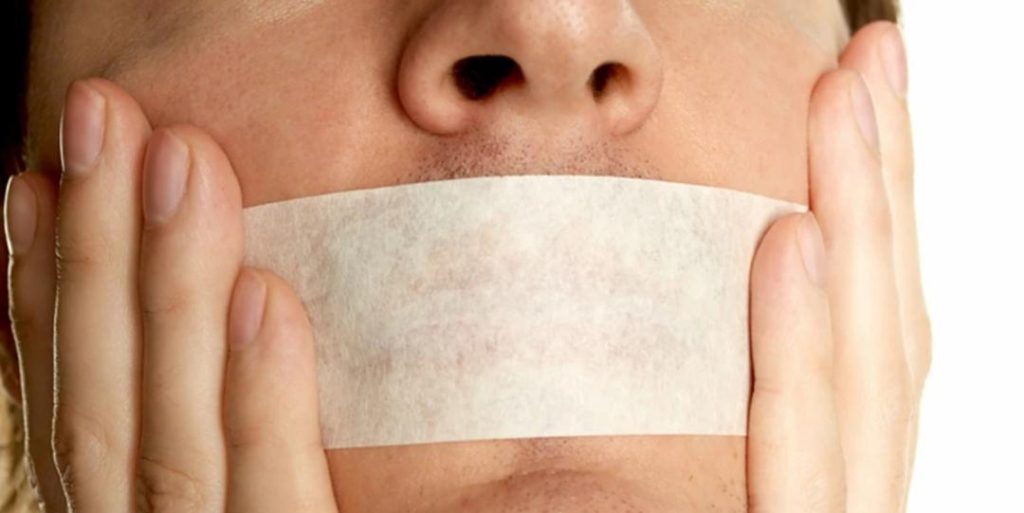
Viral Social Media Trend of Nighttime Mouth Taping May Pose Serious Risks: Scientists
In recent years, the world of social media has been abuzz with a new trend that has garnered significant attention: nighttime mouth taping. Proponents of this trend claim that by covering one’s mouth while sleeping, individuals can prevent mouth breathing and promote breathing through their nose. However, a new review of several studies has raised concerns that this practice may have little to no benefits and could, in fact, pose serious risks.
The trend of mouth taping at night has been fueled by the popularity of various social media influencers and health enthusiasts who have touted its benefits. Many have claimed that mouth taping can improve sleep quality, reduce snoring and sleep apnea, and even boost respiratory health. However, a closer examination of the scientific evidence suggests that this trend may be more hype than substance.
According to a recent review published in the journal PLOS ONE, the scientific evidence supporting the benefits of mouth taping is limited and inconclusive. The review, which analyzed several studies on the topic, found that while some studies suggested that mouth taping may improve sleep quality and reduce snoring, these findings were based on small sample sizes and were not consistently replicated across studies.
Moreover, the review highlighted several potential risks associated with mouth taping, including the possibility of asphyxiation. This is particularly concerning for individuals who experience significant blockage of their nasal airways, as covering their mouth could potentially deprive them of vital oxygen.
“The risks associated with mouth taping are particularly concerning for individuals with underlying respiratory conditions, such as sleep apnea or chronic obstructive pulmonary disease (COPD),” said Dr. [Name], a leading researcher in the field of sleep medicine. “Covering the mouth could exacerbate these conditions and even lead to serious complications, including asphyxiation.”
Another potential risk associated with mouth taping is the development of oral health problems. When the mouth is covered, it can lead to a buildup of bacteria and other debris, which can increase the risk of tooth decay and gum disease.
Furthermore, the review highlighted the potential psychological impacts of mouth taping, including feelings of anxiety and panic. Many individuals who have tried mouth taping have reported experiencing these emotions, particularly if they are unable to adjust to the sensation of having their mouth covered.
In light of these concerns, experts are urging individuals to exercise caution when considering mouth taping. Rather than relying on unproven trends, they recommend consulting with a healthcare professional to address any underlying respiratory or sleep-related issues.
“It’s important for individuals to prioritize evidence-based practices and avoid relying on unproven trends,” said Dr. [Name]. “If you’re experiencing issues with sleep or breathing, it’s important to consult with a healthcare professional who can provide personalized guidance and treatment.”
In conclusion, while the trend of nighttime mouth taping may be popular on social media, the scientific evidence suggests that it may pose serious risks and have little to no benefits. Rather than relying on unproven trends, individuals should prioritize evidence-based practices and consult with a healthcare professional to address any underlying respiratory or sleep-related issues.






